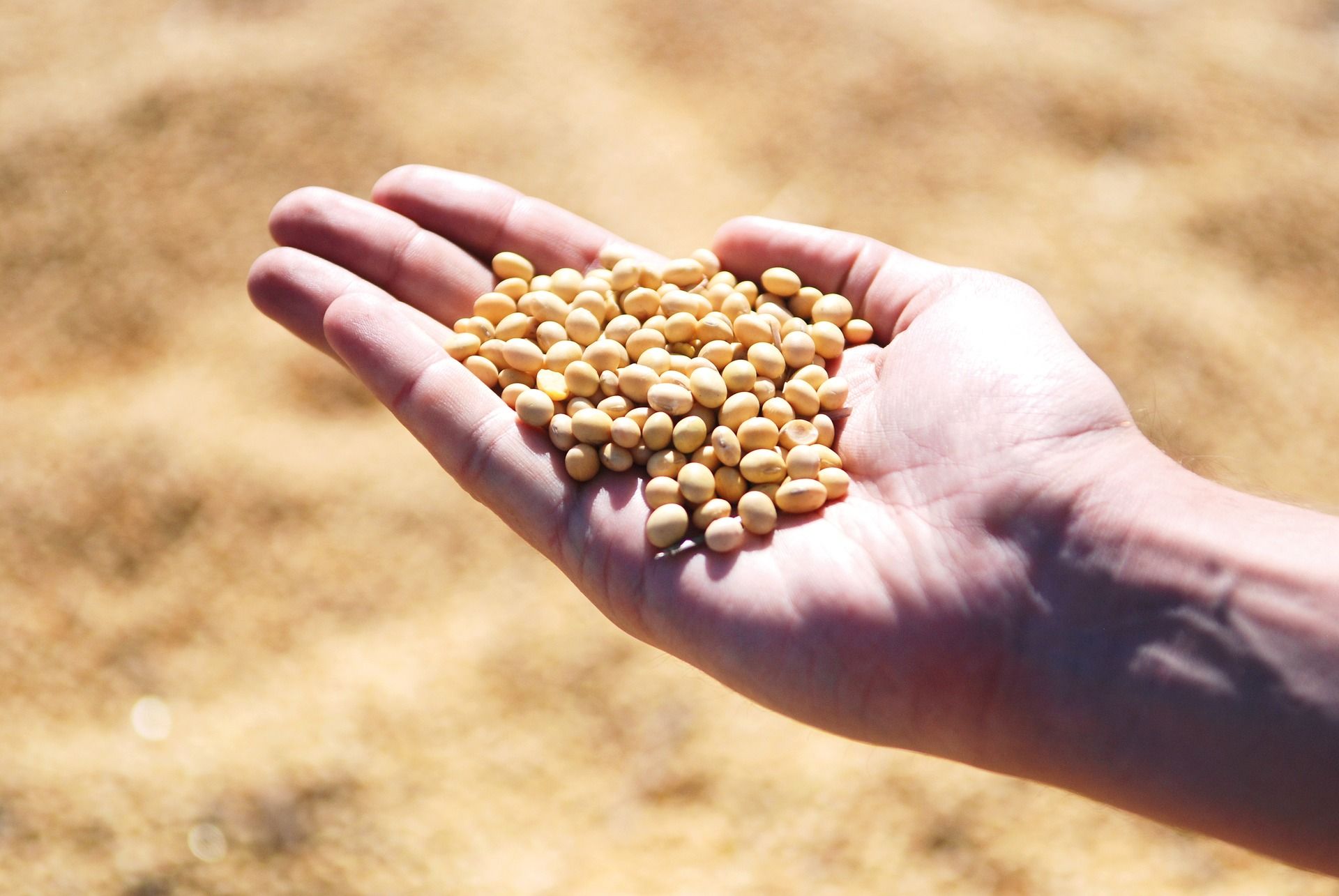Chemical crop enhancement maker Plant Impact (PIM) has raised $5.1 million of equity financing on the London Stock Exchange. The company initially listed in 2006.
Plant Impact, based at the Rothamsted Centre for Research and Enterprise in the UK, makes crop enhancement inputs (also called biostimulants) using synthetic chemistry in contrast to the growing number of startups researching biological alternatives. John Brubaker took over as CEO in 2011 and the company brought its crop enhancement product Veritas to Brazil in 2013, which remains the firm’s primary market. Last year, the company launched offices in the US and Argentina, the other two of the top three soybean producing countries.
Brubaker says that the company has raised around $35 million to $40 million since its founding. However, he describes the firm’s spending habits as “conservative” stating that he likes to raise funding related to specific activities as opposed to the general raising of a “runway” so common with VC-backed companies.
“Chalk it up to a European risk appetite,” he said. Plant Impact raised $7.7 million in 2015 and $3.2 million in 2013. Sustaining funding beyond that has come from revenue. For the last fiscal year (which ended in July) Plant Impact reported $11 million in revenue.
Significant shareholders include private equity firm Living Bridge, venture capital firm Enterprise Ventures, and asset management firms Polar Capital, New City Investment Managers, and FIL Investments, a Fidelity subsidiary.
Though it might seem that a company publicly listed for more than 10 years with established significant shareholders would be exempt from hot and cold investor sentiment around agtech in general and crop enhancement products specifically, Brubaker says this isn’t the case.
“We certainly don’t feel immune from any sort of funding cycle circumstances,” he said.
This recent raise was to support late stage development for several products in the company’s R&D pipeline. Plant Impact’s next products to hit the market will be a new foliar spray for soybeans as well as early stage seed treatments, an entirely new product category for the company.
All of Plant Impact’s products use synthetic derivatives of naturally-occurring molecules. The company maps pathways within plants to understand the key molecules needed to trigger desired reactions like faster, more prolific growth, or more reliance to pests or environmental stressors.
The company’s first two major products improve calcium mobility in soybean plants to make them more resilient and increase overall yield. Working with the naturally occurring biology of the plant is largely seen as the purview of biologics companies, who use the same methodology of identifying naturally occurring compounds and pathways, but manufacture the product or input from biological or living entities such as microbes and bacteria instead of synthetic ingredients and chemicals.
“I’m not entirely sure how the [crop enhancement] sector became synonymous with biological products. The industry may be looking for products that are not manufactured and non-pesticidal,” said Brubaker, noting that the move toward biologicals is consistent with trends in food consumption toward less manipulation and fewer synthetic ingredients. “We’ve never had an ethical or environmental issue with chemicals.”
Though some disagree, Brubaker says that Plant Impact works with chemicals because of their reliability. “We think that job one for the biostimulant industry is to sell products that work,” he said.
Other companies in the chemical crop protection and enhancement space include Asilomar Bio out of California, Crop Enhancement out of Massachusetts, and China’s CH Biotech.
Plant Impact also has a cocoa yield-boosting product on the market, distributed largely in West Africa, the discovery of which Brubaker called “serendipitous”.
“One of the cocktails that we work with showed some efficacy in helping the cacao trees produce better in tougher conditions.”
Read more of John Brubaker’s thoughts on biostimulants here.
Read senior director global marketing and business development at Plant Impact Daryl Thomas’s thoughts on the agility of small ag business versus the big strategic players here.





